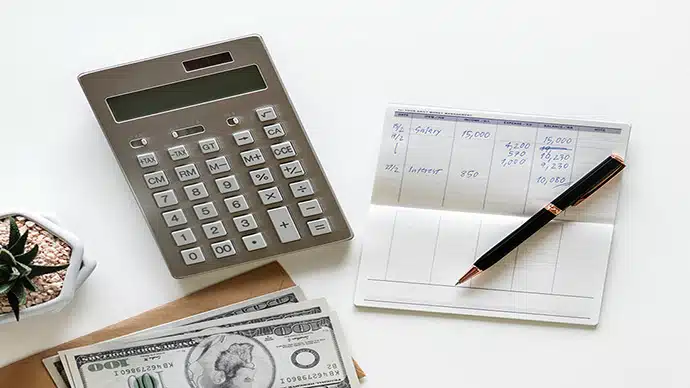
As BILLSHARK noted last week, the government’s response to the economic side of the coronavirus pandemic has been less than stellar. For the second month in a row, millions of Americans will be unable to pay their rent or mortgage.
That’s why we thought we’d offer a few tips on what steps to take if you find yourself in this situation.
Renters
1. Contact your landlord in writing
Everyone knows about the coronavirus pandemic, so the fact that you can’t pay your rent won’t come as a surprise. Your landlord, in turn, may be having trouble making the mortgage payment on their property.
As when you bring a problem to the attention of your boss, don’t just say, “I can’t pay my rent this month.” Instead, propose a series of remedies. Offer to pay a percentage that you can afford (if you can), or detail the steps you’re taking to be able to come up with the money, e.g., filing for unemployment, trying to pick up gig work, trying to get a hardship loan from your retirement account, etc., and some idea of when you might be able to pay.
Be sure to document all contacts, including date and time, and the result of any phone calls or emails. Keep in mind that all you’re achieving is a deferral, not forgiveness of the rent due according to your lease. At some point, you will have to come up with the payments you missed.
Alternatively, you could offer to work it off doing maintenance or other types of work on his properties. Even if you don’t possess handyman skills, ask if he has other needs you might be suited for: cleaning vacant properties, updating the company’s website, gardening, etc.
If your landlord agrees to such an arrangement, be sure to get it in writing: X hours of work = Y dollars in rent forgiveness.
2. Know your rights
The Coronavirus Aid, Relief, and Economic Security (CARES) Act contains a 120-day moratorium on evictions and late fees on properties secured by a government-back mortgage, which covers about half of multifamily housing units in the U.S. Many states and localities have likewise instituted temporary eviction moratoriums.
The National Consumer Law Center maintains a list of places that have passed bans on evictions.
Check with the Department of Housing and Urban Development for a state-by-state rundown on receiving rental help. And the legal site NOLO provides information on tenant protections by state.
If you have received an eviction notice, you can take some comfort in the fact that it likely won’t be enforced until the courts—most of which are currently closed—reopen. But don’t count on that situation lasting long. And don’t underestimate some landlords’ inclination to disregard the law.
“We’re seeing illegal lockouts,” Michael Trujillo, housing staff attorney at the Law Foundation of Silicon Valley in San Jose, California, told CNN. “These are landlords threating to evict the tenants without going through the judicial processes, even after those tenants have explained their COVID-related struggles and an eviction moratorium.”
If this should happen to you, get legal help immediately.
Homeowners
Homeowners have more leeway when it comes to missing mortgage payments, simply because the foreclosure process takes much longer than eviction—years, in some cases. But that doesn’t mean you should simply stop paying, because doing so will ruin your credit score, as well as any goodwill you might have received from your lender.
If you can’t pay your mortgage, call or write your lender as soon as possible and ask for a forbearance on you loan. This is a process in which the lender agrees to allow you to either pay a reduced amount or skip payments altogether due to a hardship. And, unlike during the Great Recession of 2008, borrowers won’t have to submit loads of supporting documentation.
This does not mean you won’t eventually owe this money. You’ll either have to repay the outstanding amount at the end of the forbearance term (which varies from lender to lender), or you may be able to have it added on to the end of the loan. Lenders are, of course, aware of the coronavirus emergency, and most say they are willing to work with homeowners.
If you have a loan guaranteed by Fannie Mae or Freddie Mac, the government has imposed a temporary nationwide halt to foreclosures on these Federal Housing Administration (FHA) loans, which currently cover over eight million properties. In addition, some states—including New York and California—have imposed a moratorium on foreclosures.
Be aware that lenders are facing the same hardships as other organizations, with reduced staffing often making it difficult to reach someone as millions of homeowners are trying to contact them, so just keep trying.
In the meantime, we may be able to find you extra money for rent, mortgage, or other bills as we all struggle through this trying period. We’ll review your bills for free, so be sure to contact us and see how much we can save you every month.


